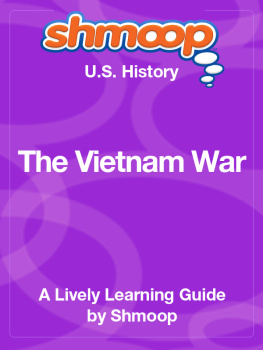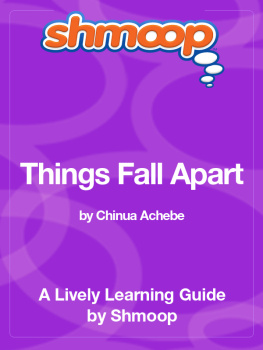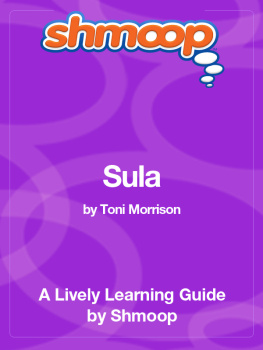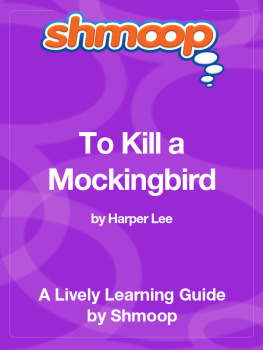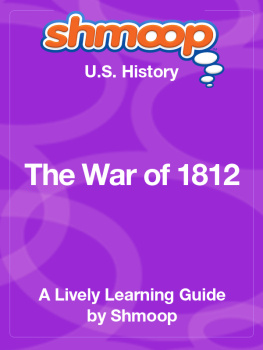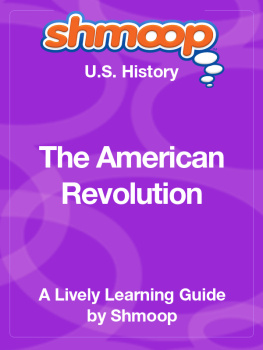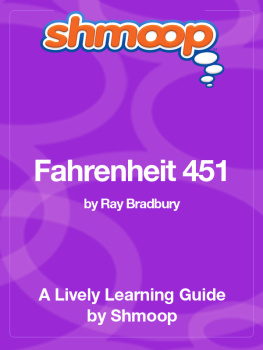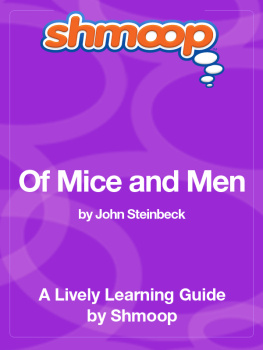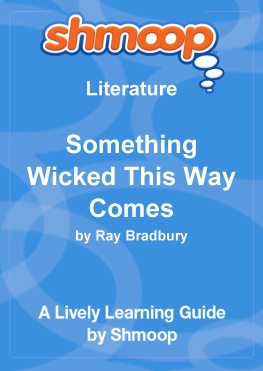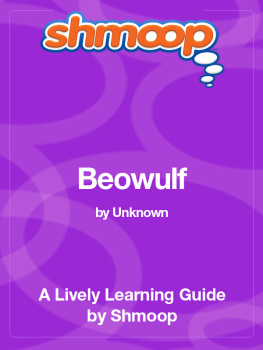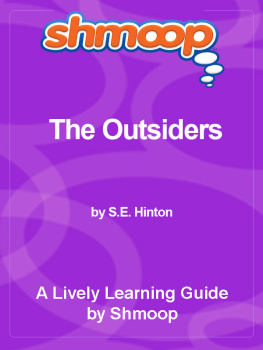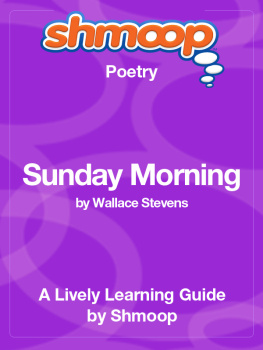
Table of Contents
In a Nutshell/Overview
The Vietnam War-commonly referred to as "America's longest war"-grew out of the American commitment to the containment of communism during the Cold War. For approximately fifteen years, the Democratic Republic of Vietnam (North Vietnam) fought against an American-supported Republic of Vietnam (South Vietnam). The war for the U.S. ended in 1973 with the withdrawal of American combat troops, and two years later, South Vietnamese forces surrendered to the North.
With the unification of Vietnam under the Communist government of the North, the U.S. had officially failed to achieve its objectives. A nation accustomed to grand victories suffered its first major defeat; the "longest war" was a military, political, and social disaster, one that would haunt Americans for decades.
Why Should I Care?
What do you imagine when you think of "The Sixties"? Music festivals, "free love," and various recreational drugs, perhaps? Maybe sit-in demonstrations, marches, and picket signs with bold messages? Definitely tie-dye. We tend to remember this notorious decade in terms of cultural changes at home: innovative music, new perspectives on life and love, glorious causes, and, of course, colorful-very colorful-fashion.
This period in American history is certainly characterized by all of these things, and more often than not it is with these images that Americans today prefer to remember it. And why not? Nostalgia for "The Sixties" gave us Lollapalooza, poetry slams, retro Volkswagen Beetles, the film Across the Universe, big hoop earrings, fabulous Halloween costumes, and Austin Powers. But the event, more than any other, that dominated this decade is the same event that many would prefer to forget-the Vietnam War.
"Nam." In the United States, this one-syllable word has come to mean many things for many different people with various class, racial, political, and national backgrounds. This tiny word carries tremendous weight; it can incite a slough of feelings, including sorrow, regret, anger, revulsion, embarrassment, betrayal, and confusion. Many would rather forget it altogether, particularly those who think of this war as one of-if not the-most disastrous periods in American history.
And Vietnam was, in fact, a monumental catastrophe. But not simply because it was the first major loss for the U.S., and not simply because the U.S. failed to defeat Communism-its most despised enemy during the Cold War. The Vietnam War, a conflict that lasted approximately fifteen years (far longer than any other war fought by the U.S.), was a political, economic, and military nightmare all along the way. And the mistakes made, lies told, and lives lost continue to haunt Americans today, in obvious and not-so-obvious ways.
But why? What makes this war so uniquely awful for the United States?
Was it the loss of life? Certainly it was for those personally affected by a warfront death, but in terms of total casualties the Vietnam War was relatively benign. Seven times more Americans perished in World War II; in the U.S. Civil War, America's most bloody war, more than 600,000 Americans died-over ten times the number of Americans killed in the Vietnam War. Vietnam lost far more of its people in the war; reports estimate that some 2 million South Vietnamese and 2 million North Vietnamese men and women died-70 times more than the number of U.S. casualties.
Was it the fact that five American presidents failed to end the fighting abroad? Yes, in part. Disastrous errors in foreign policy-making in Southeast Asia marred each presidential administration from Truman to Nixon, and all along the way, political leaders strained to hide these mistakes or, at least, to dismiss them. As a result, the vast majority of Americans lost a great deal of confidence in their government-a deeply significant transformation that would spark the kind of political cynicism familiar to us today.
Was it that the United States, a nation that had emerged from World War II as the greatest military power on the globe, lost to a small, relatively poor revolutionary militia? Definitely not from the perspective of the Vietnamese, who sought to gain independence, expel the foreign occupation, and reunify their country. For them, the Americans-or any imperial force, no matter how big or strong-stood no chance against their passionate crusade for a free Vietnam.
Perhaps the greatest tragedy for the U.S. was not that it made mistakes or that it lost, but that it failed to accept the possibility that it might actually lose. For this reason, five presidents were doomed to grapple with the conflict, and Americans from all walks of life were destined to deal with a new uncertainty about the future.
There's no doubt that the Vietnam War was an extremely confusing conflict, one in which nothing much was clear; in the United States, political and military leaders, G.I.s, anti-war protesters, and pro-war patriots all struggled to wrap their heads around all that was at stake. Some forty years later, historians have helped us gain some perspective on it all, but it still remains a complex topic.
Well, it's quite a tall order, but we here at Shmoop hope we can help you sort some of this out.
Overview of The Vietnam War
A Bid For Self-Determination Believe it or not, it all began in 1919.
As World War I came to a close, a young Vietnamese patriot named Nguyen That Thanh arrived in Paris to speak with the powerful men negotiating the terms for peace. On behalf of his people living within the French empire in Indochina, Thanh sought to lobby the Western leaders for greater rights. He hoped to take American President Woodrow Wilson up on his promise of "self-determination," the principle of national sovereignty, and free Vietnam from colonial rule. But Thanh, like many other advocates of colonial independence who descended upon the Paris peace talks, discovered that the pledge was too good to be true. The British and the French refused to enforce self-rule for their colonies, and despite Thanh's direct appeal to President Wilson, the three powers ultimately ignored the young Vietnamese nationalist.
In the following years, Thanh, disillusioned by the Western democratic process, pursued new and more radical solutions to imperial rule in his country. He had been deeply impressed by the success of the 1917 Russian Revolution, and by the ability of the Bolsheviks to rally support among the Soviet masses. So in the 1920s, while still in France, he joined the Communist Party. With the adopted name Ho Chi Minh, meaning "enlightened one," he planned to take his teachings home to Vietnam to awaken his own people, to unite and train them, and to lead them in their own revolution.
Ho Chi Minh's Declaration of Independence By 1941, Ho Chi Minh was preparing for the independence movement in Vietnam; but it appeared that the struggle would not be against French rule after all. World War II was under way, and the Japanese-allied with Germany and Italy against Britain and France-had seized French Indochina. Minh, along with fellow Vietnamese nationalists, organized the Viet Minh, a military league committed to the fight for Vietnamese self-rule. Aided by both the Soviet Union and the United States during the war years, the Viet Minh waged a guerilla campaign against the Japanese occupation. When in August 1945,
But another opportunity for decolonization had been only an illusion. Allied leaders overruled Ho Chi Minh, agreeing that postwar Vietnam would be split in two; Minh's nationalist forces did not gain control over either the North or the South, and no Western power recognized his Democratic Republic. What's more, France wanted to reclaim its lost colony. But Ho Chi Minh and the Viet Minh were well prepared to resist those efforts, and by the end of 1946, the Franco-Vietnamese War had begun.

